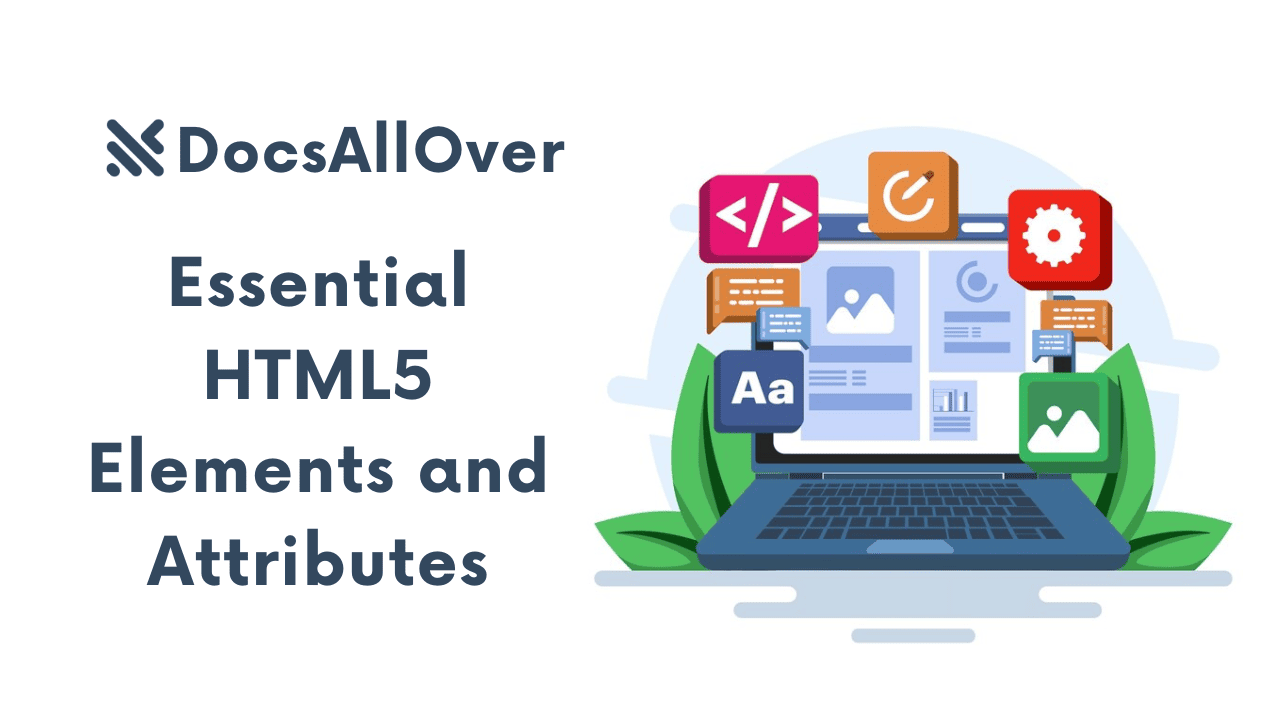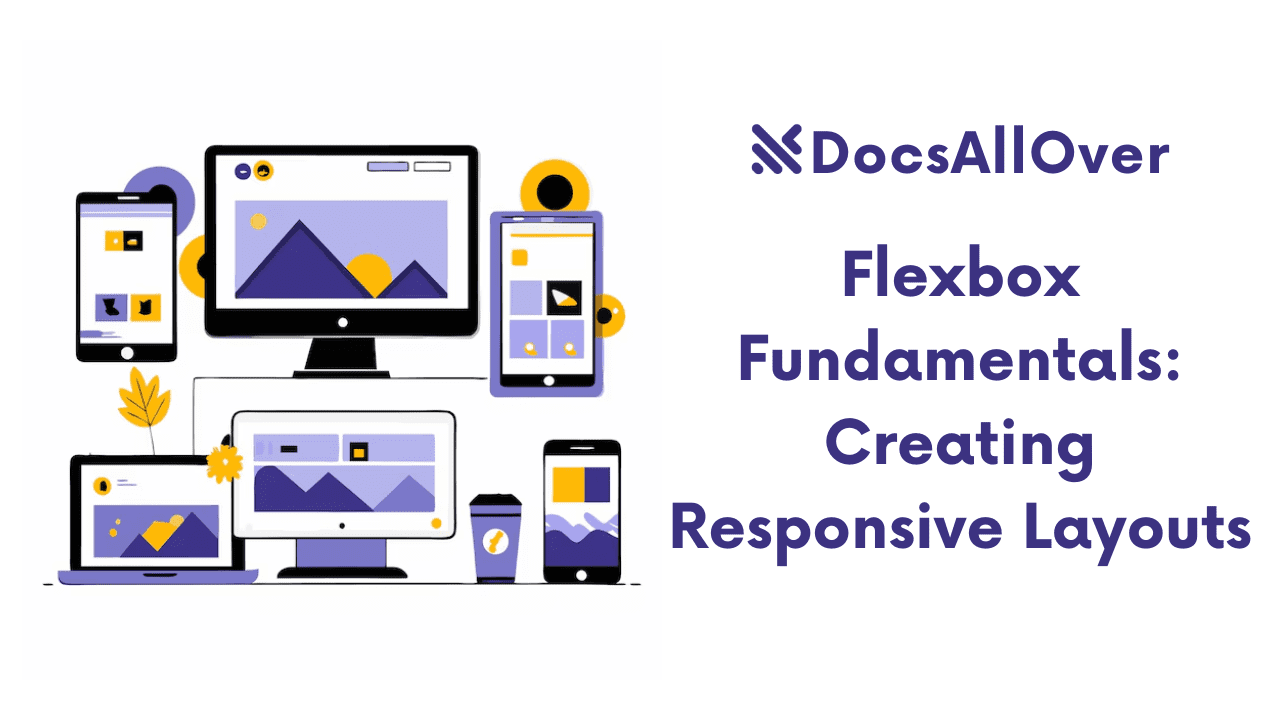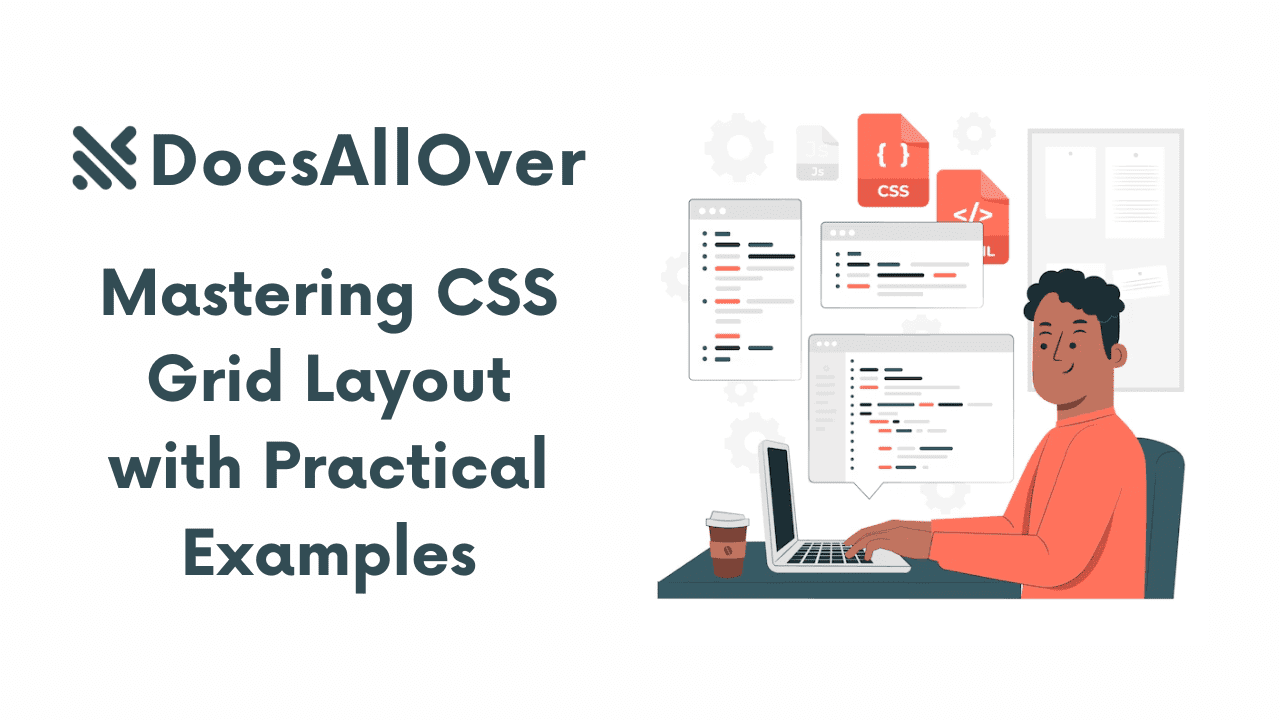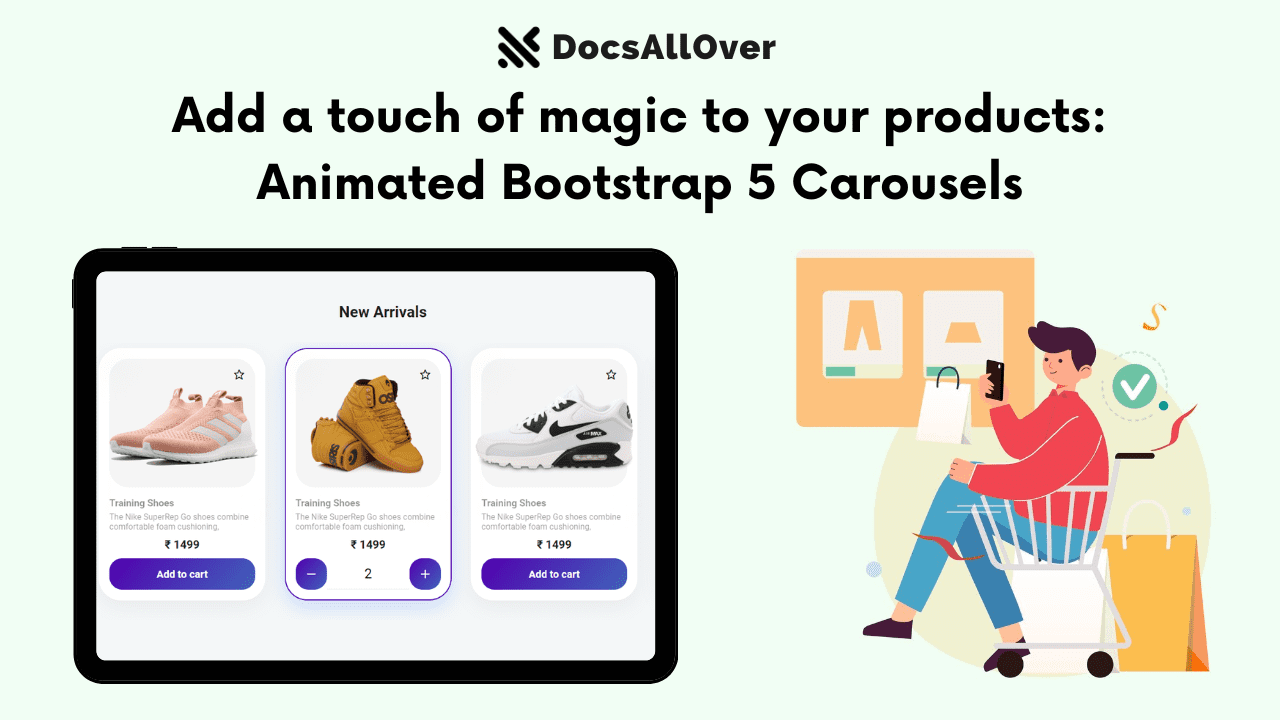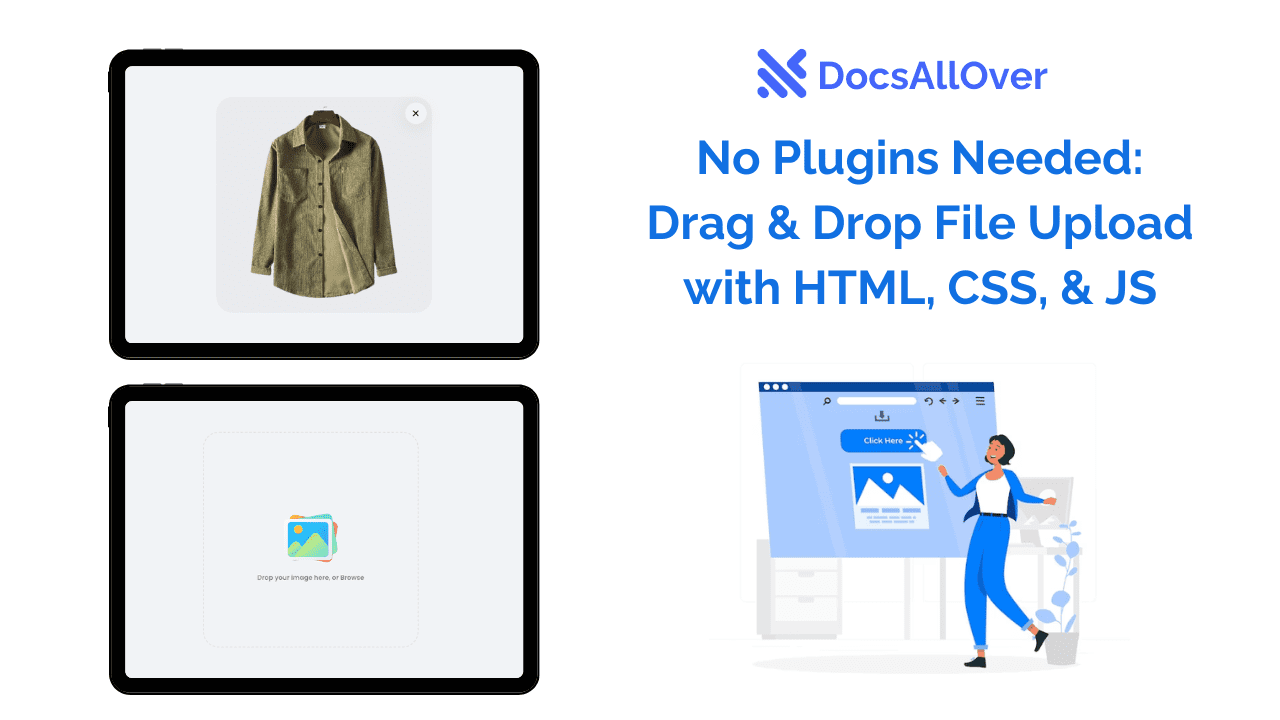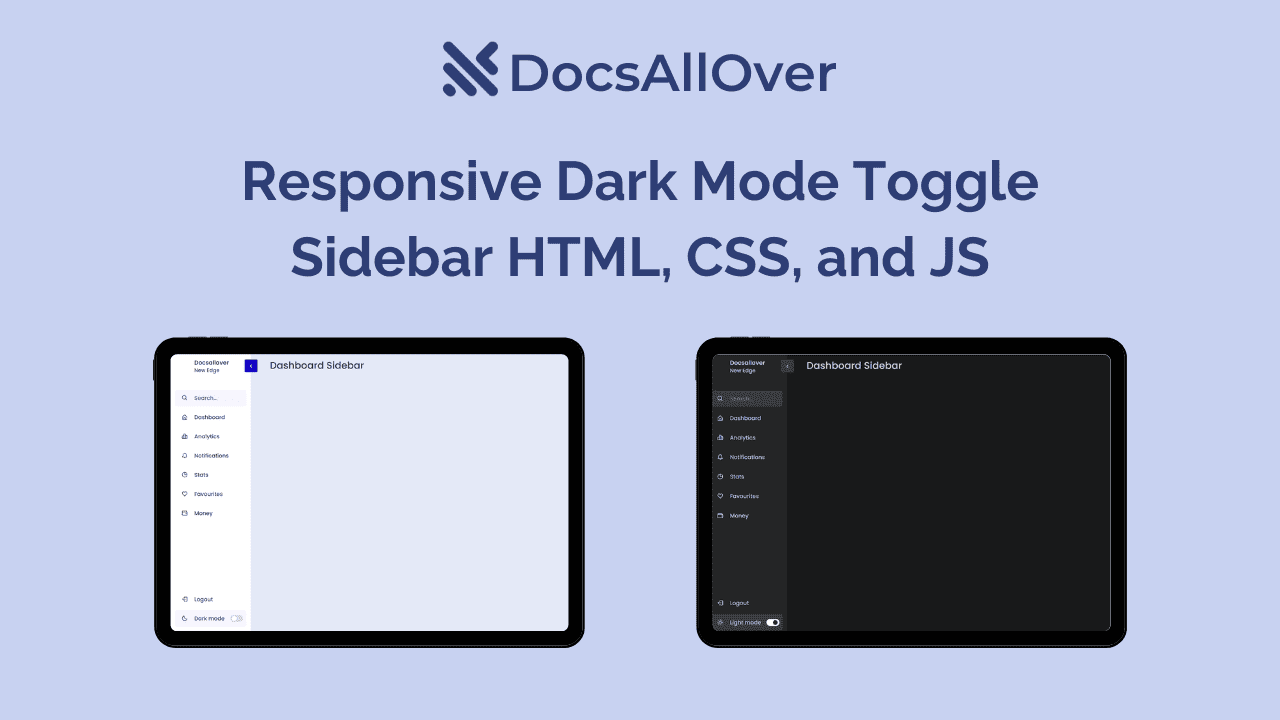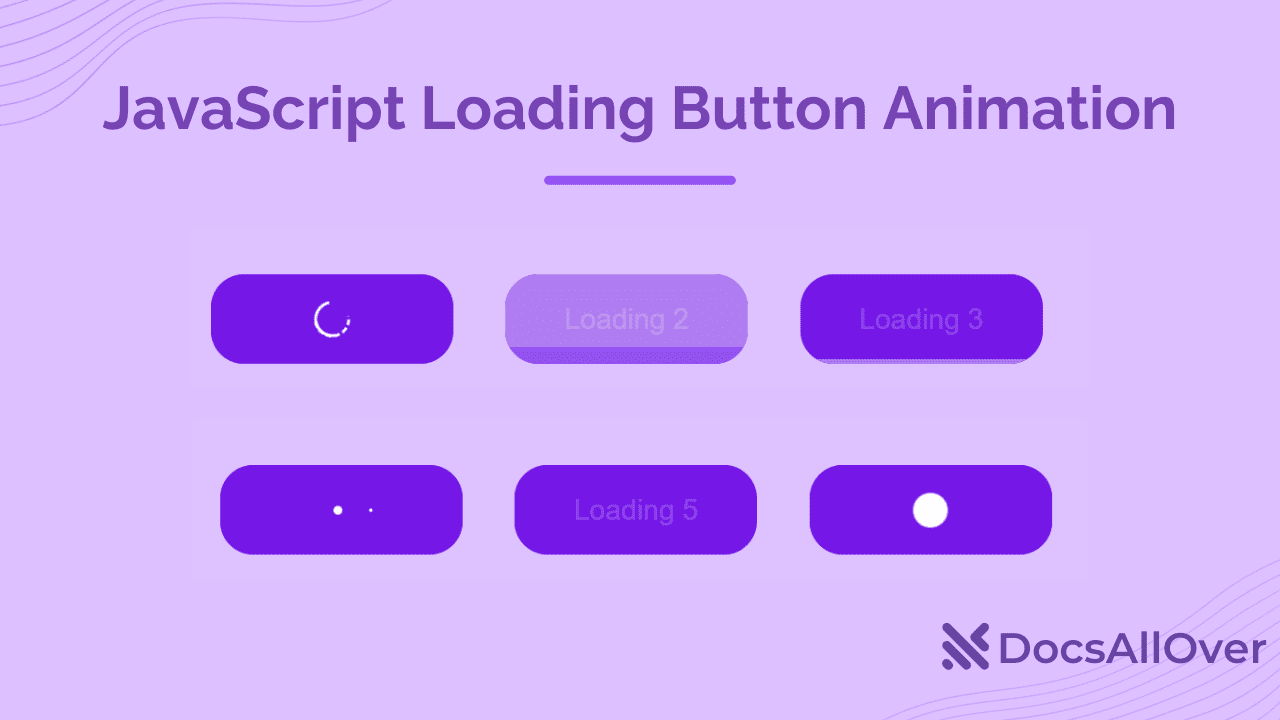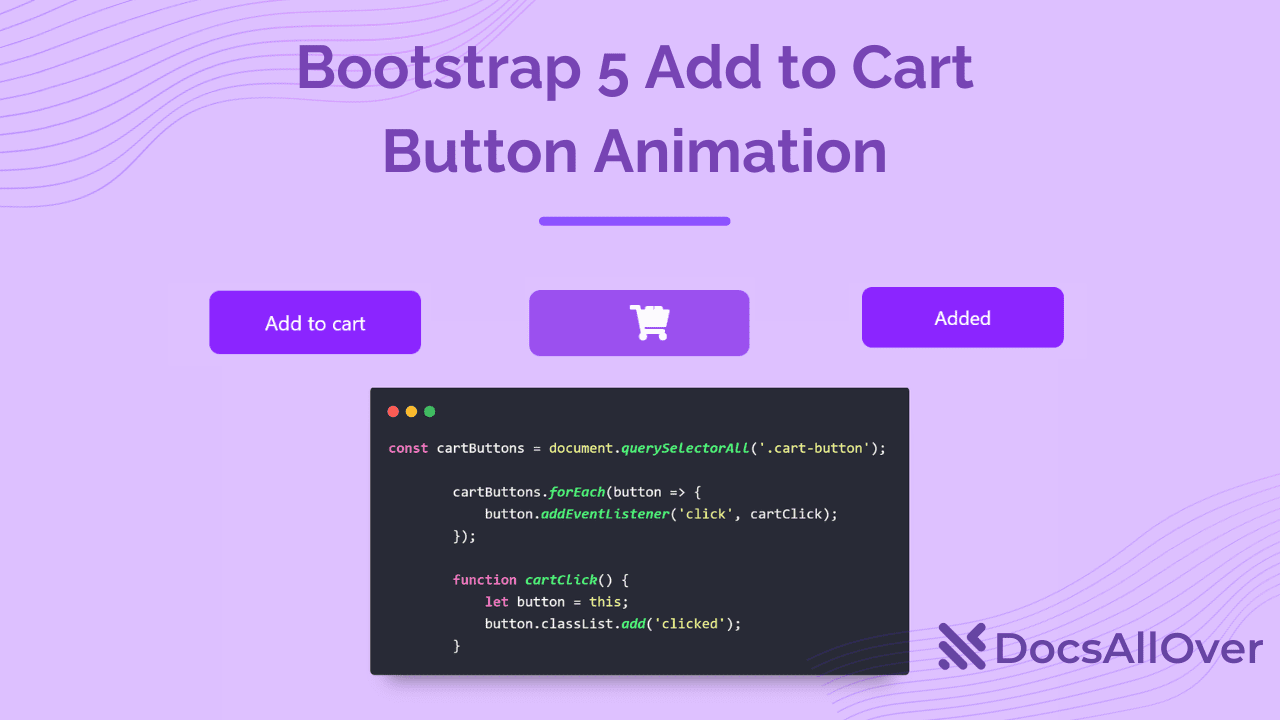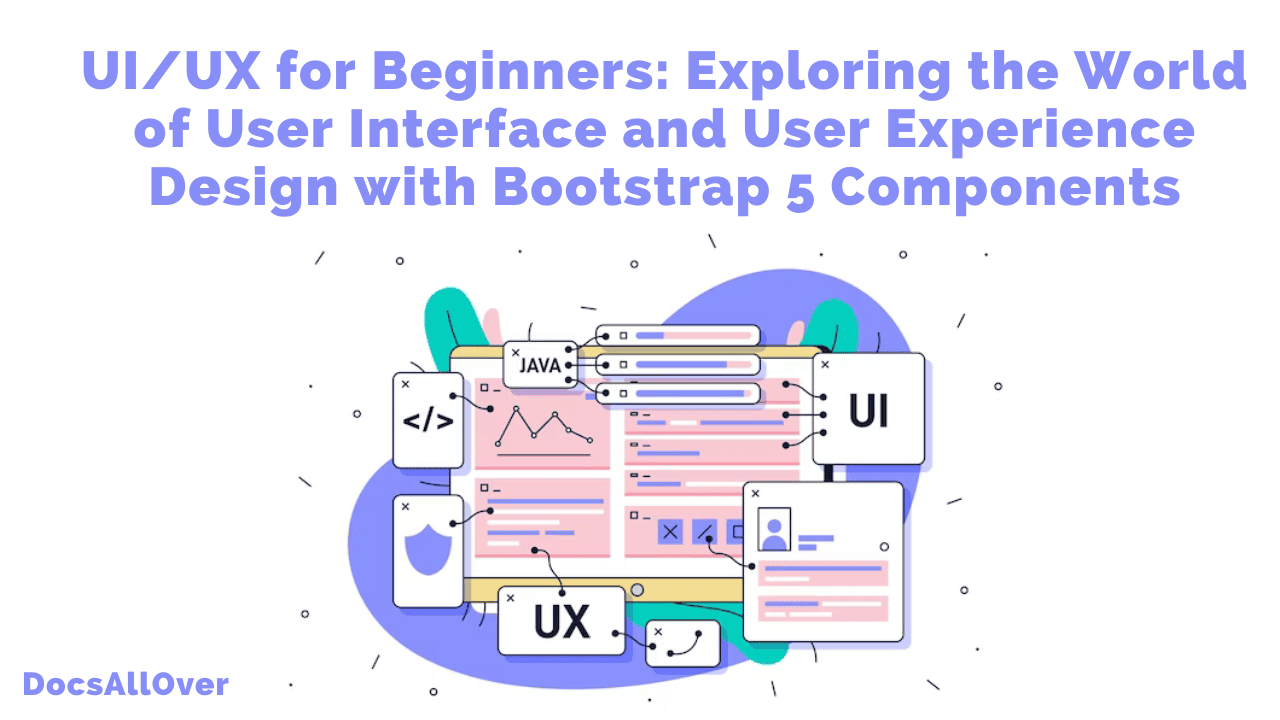Kickstart Your Web Development Journey: A Comprehensive Guide
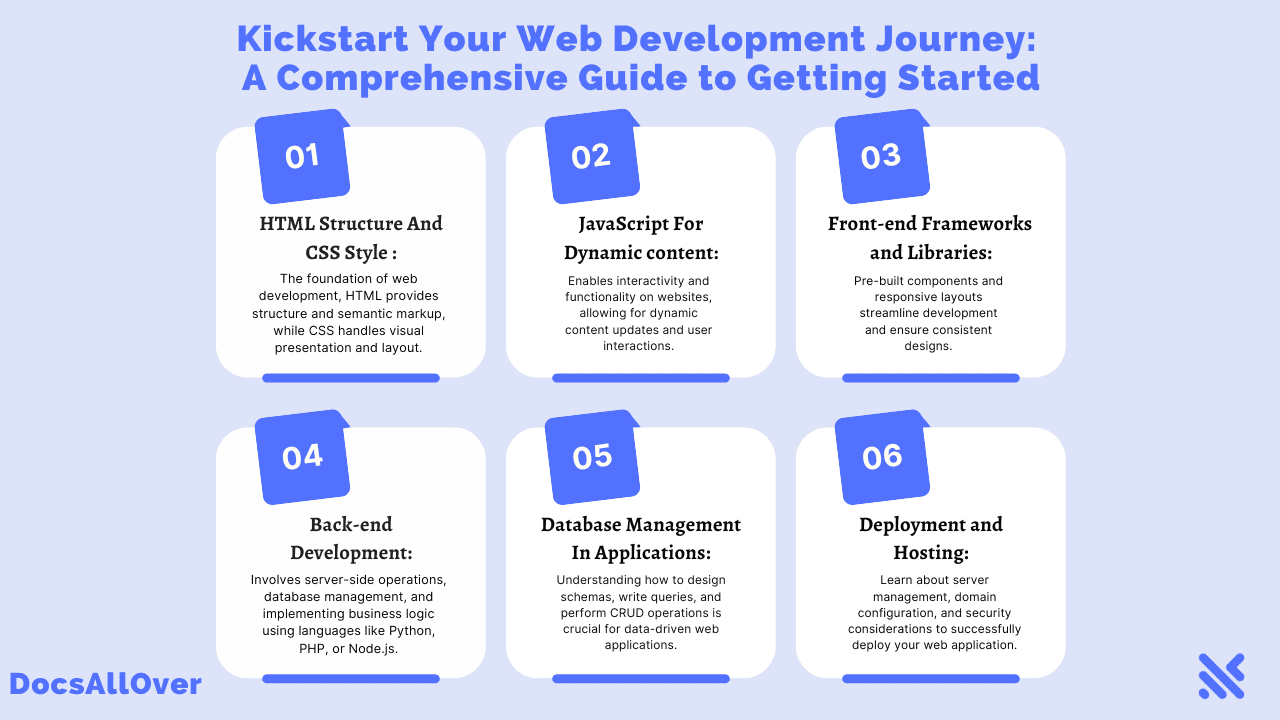
Web development has become a thriving field, offering exciting opportunities for individuals to create stunning websites and web applications. Whether you're a tech enthusiast, a creative professional, or an aspiring entrepreneur, learning web development can provide you with a head start in the digital world. In this blog, we'll explore the reasons why web development is a valuable skill, who can benefit from it, and provide a basic roadmap to help you embark on your web development journey.
Why Web Development?
Web development is a dynamic and rewarding field with numerous benefits. By mastering web development, you can:
- 1.Express Your Creativity: Web development allows you to bring your creative ideas to life. With the power of coding, you can design visually appealing and interactive websites that engage users and deliver a unique online experience.
- 2.Expand Your Career Opportunities: The demand for web developers is continuously growing across industries. By learning web development, you open doors to a wide range of career options, including freelance work, working for digital agencies, or even starting your own web development business.
- 3.Stay Ahead in the Digital Age: In today's digital age, having a strong online presence is crucial. Web development skills enable you to build professional websites and web applications that effectively represent your brand, reach your target audience, and stay competitive in the online landscape.
Who can develop websites and web applications?
Web development is accessible to individuals from various backgrounds and skill levels. It is suitable for:
- 1.Beginners: Anyone with a curiosity for coding and a willingness to learn can start their web development journey. There are ample resources available online, including tutorials, documentation, and community forums, that can help beginners grasp the basics and progress gradually.
- 2.Designers: Web development complements design skills perfectly. Designers who acquire web development knowledge can bring their designs to life and create interactive and functional websites that align with their creative vision.
- 3.Entrepreneurs: As an entrepreneur, having web development skills empowers you to build your own website or web application, reducing dependency on external developers and enabling you to maintain control over your digital presence.
Who cannot develop websites and web applications?
While web development is accessible to many, it may not be suitable for everyone. Individuals who struggle with attention to detail, problem-solving, or logical thinking may find it challenging to excel in web development. However, with dedication and persistence, anyone can develop the necessary skills to become proficient in web development.
Why learn web development?
Web development is a highly in-demand skill, and there are many reasons to learn it. Here are a few:
- Job opportunities: Web developers are in high demand, and there are many job opportunities available in a variety of industries.
- Salary: Web developers earn a good salary, and the salary range is expected to grow in the coming years.
- Flexibility: Web developers can work remotely or in an office setting. They can also freelance or work for a company.
- Creativity: Web development is a creative field that allows you to build and design websites and web applications.
- Problem-solving: Web development is a problem-solving field that requires you to think critically and solve problems.
How to get started with web development?
If you are interested in learning web development, there are a few things you can do to get started:
Learn the basics of HTML, CSS, and JavaScript: These are the three core technologies used to build websites. There are many online resources and tutorials available to help you learn these technologies.
- Choose a web development framework: A web development framework is a collection of tools and libraries that can help you to build websites and web applications more efficiently. There are many popular web development frameworks available, such as React, Angular, and Vue.js.
- Start building websites and web applications: The best way to learn web development is by practicing. Start building websites and web applications for yourself and for others.
- Contribute to open source projects: Contributing to open source projects is a great way to learn from other developers and to improve your skills.
- Network with other developers: Networking with other developers is a great way to learn new things and to find job opportunities.
Resources for learning web development
There are many online resources and tutorials available to help you learn web development. Here are a few of my favorites:
- FreeCodeCamp: FreeCodeCamp is a non-profit organization that provides free web development education.
- The Odin Project: The Odin Project is a free online course that teaches you everything you need to know to become a web developer.
- Mozilla Developer Network (MDN): MDN is a comprehensive resource for learning about web development technologies.
- W3Schools: W3Schools is another comprehensive resource for learning about web development technologies.
- Udemy: Udemy is a popular online learning platform that offers a variety of web development courses.
- Coursera: Coursera is another popular online learning platform that offers a variety of web development courses.
Basic Roadmap For Your Web Development Journey:
To get started with web development, consider the following roadmap:
If you're new to web development and want to embark on this exciting journey, here is a detailed roadmap to help you navigate the process:
1. HTML and CSS:
HTML (Hypertext Markup Language) and CSS (Cascading Style Sheets) are the foundation of web development. HTML provides the structure and semantic markup of a webpage, while CSS is responsible for its visual presentation and layout. Understanding these languages is crucial for creating static webpages. HTML allows you to define the content and structure of elements, while CSS helps you style and position those elements on the page.
HTML Tutorial by W3Schools : A comprehensive guide to learning HTML.
CSS Tutorial by MDN Web Docs : A detailed resource for understanding CSS and its various properties.
These resources provide comprehensive documentation, tutorials, and examples to help you learn and explore web development concepts further.
Example:
2. JavaScript:
JavaScript is a dynamic programming language that enables interactivity and functionality on websites. It allows you to create interactive features such as image sliders, form validations, and dynamic content updates. JavaScript is widely used in web development to enhance the user experience and create responsive web applications. With JavaScript, you can manipulate HTML elements, handle events, and make HTTP requests to fetch data from servers.
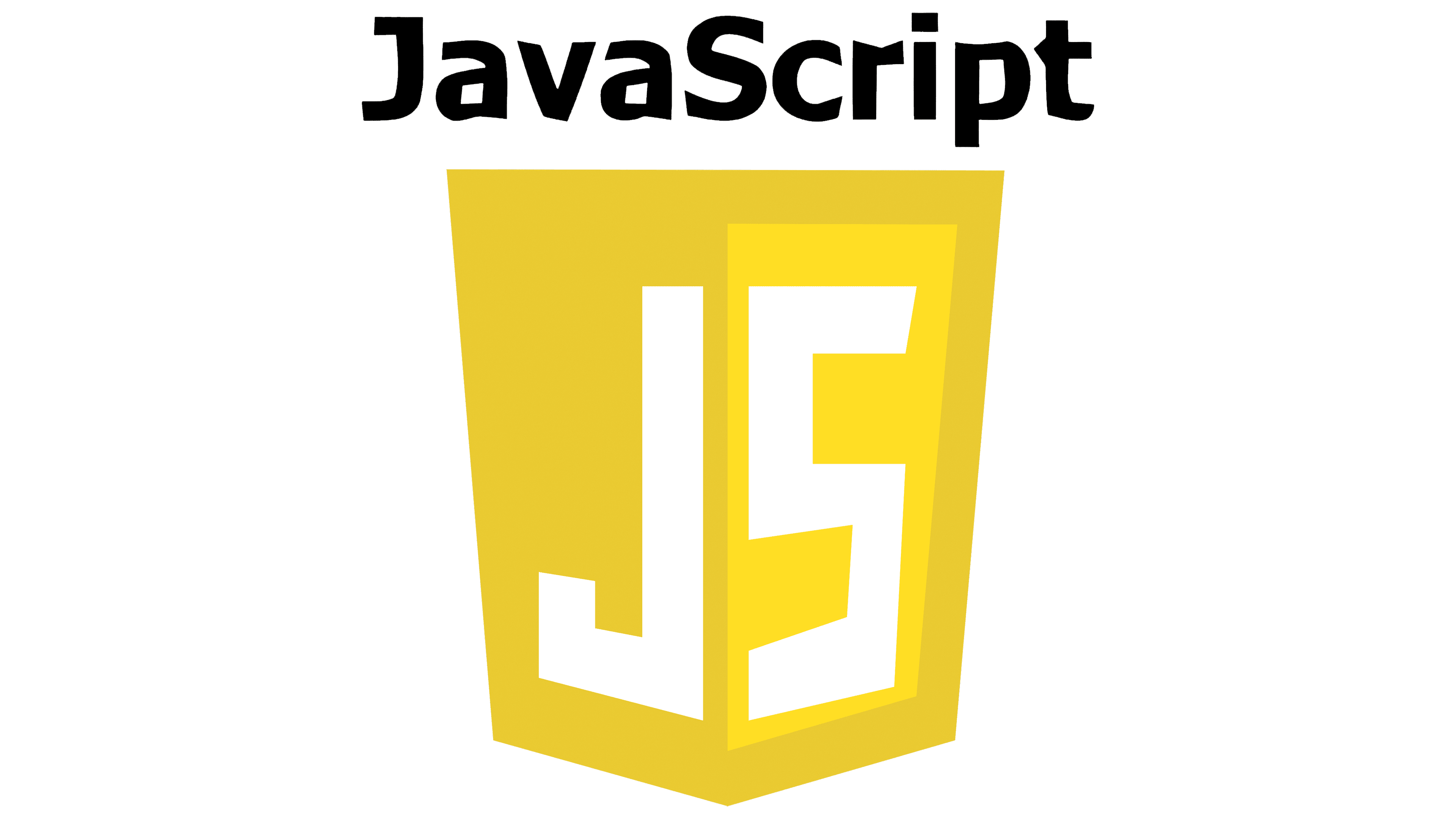
JavaScript Tutorial by MDN Web Docs :A comprehensive guide to learning JavaScript.
JavaScript30 by Wes Bos : A free 30-day vanilla JavaScript coding challenge that helps you build real projects.
These resources provide comprehensive documentation, tutorials, and examples to help you learn and explore web development concepts further.
Example:
3. Front-end Frameworks and Libraries:
Front-end frameworks and libraries provide developers with pre-built components, responsive layouts, and advanced UI elements. They help streamline the development process and provide consistent designs across different devices. Popular frameworks like Bootstrap, React, and Angular offer a wide range of features and tools for building modern and responsive web applications. These frameworks also come with extensive documentation and active communities, making it easier to get started and find support.
Bootstrap : A popular CSS framework that provides ready-to-use components and responsive layouts.
React : A JavaScript library for building user interfaces, developed by Facebook.
Angular : A comprehensive front-end framework developed by Google for building robust and scalable web applications.
These resources provide comprehensive documentation, tutorials, and examples to help you learn and explore web development concepts further.
Example:
4. Back-end Development:
Back-end development involves handling server-side operations, managing databases, and implementing business logic. This typically requires knowledge of a server-side programming language such as Python, PHP, or Node.js. These languages allow you to build dynamic websites, handle user authentication, process form submissions, and interact with databases. Frameworks like Flask (Python), Laravel (PHP), and Express.js (Node.js) provide additional functionalities and tools to simplify back-end development.
Flask : A lightweight web framework for Python that simplifies back-end development.
Laravel : A PHP framework known for its elegant syntax and extensive feature set.
Express.js: A minimalistic web framework for Node.js that provides a flexible and efficient development environment.
These resources provide comprehensive documentation, tutorials, and examples to help you learn and explore web development concepts further.
Example:
5. Database Management:
Web applications often require storing and retrieving data from databases. Understanding database management is crucial for creating dynamic and data-driven web applications. Commonly used databases include MySQL, PostgreSQL, MongoDB, and SQLite. You'll need to learn how to design database schemas, write SQL queries, and perform CRUD operations (Create, Read, Update, Delete) to manage data effectively. Object-Relational Mapping (ORM) libraries like SQLAlchemy (Python) and Sequelize (Node.js) provide higher-level abstractions to simplify database operations.
MySQL: An open-source relational database management system widely used for web applications.
PostgreSQL: A powerful and feature-rich open-source database management system.
MongoDB: A popular NoSQL database known for its flexibility and scalability.
These resources provide comprehensive documentation, tutorials, and examples to help you learn and explore web development concepts further.
Example:
6. Deployment and Hosting:
Once you've built your web application, you'll need to deploy it to a web server and make it accessible to users. Hosting platforms like Heroku, AWS (Amazon Web Services), Netlify, or shared hosting providers offer different options for deploying your projects. You'll need to learn about server management, domain configuration, and security considerations to ensure a smooth deployment process.
Heroku: A cloud-based platform that simplifies deployment and hosting of web applications.
Amazon Web Services (AWS): A comprehensive cloud computing platform that offers various services for web application deployment.
Netlify: A hosting platform for static websites and serverless functions.
These resources provide comprehensive documentation, tutorials, and examples to help you learn and explore web development concepts further.
Begin your web development journey with confidence, embrace the learning process, and start creating impactful websites and web applications. With determination and practice, you'll gain the skills needed to succeed in this thriving field.
By following this roadmap, you'll gradually develop your web development skills and gain the confidence to take on more complex projects. Remember to practice regularly, explore additional resources such as online tutorials, documentation, and coding exercises, and stay updated with the latest web development trends. The web development field is constantly evolving, so it's important to maintain a growth mindset and continue learning throughout your journey. Happy coding!
